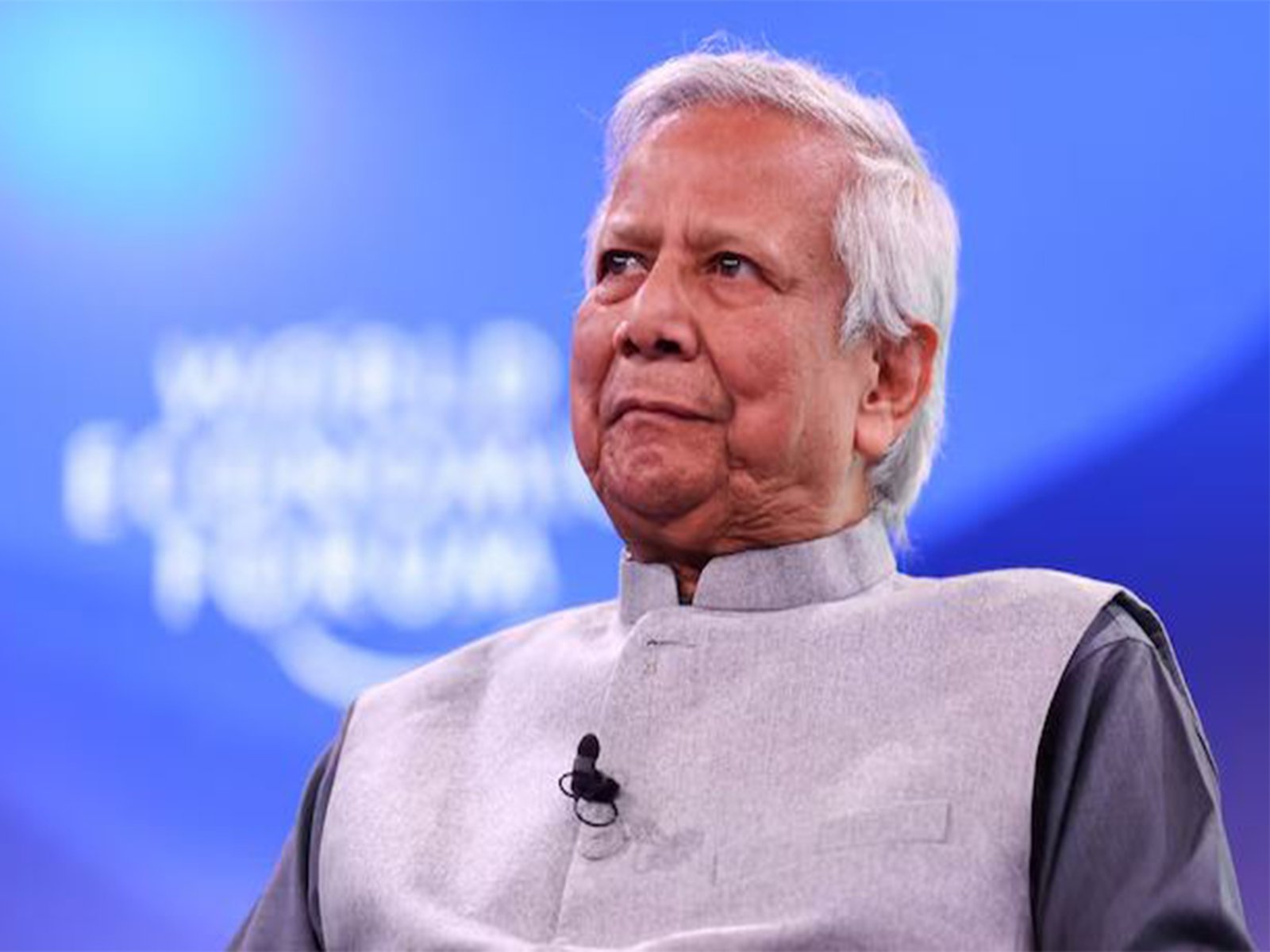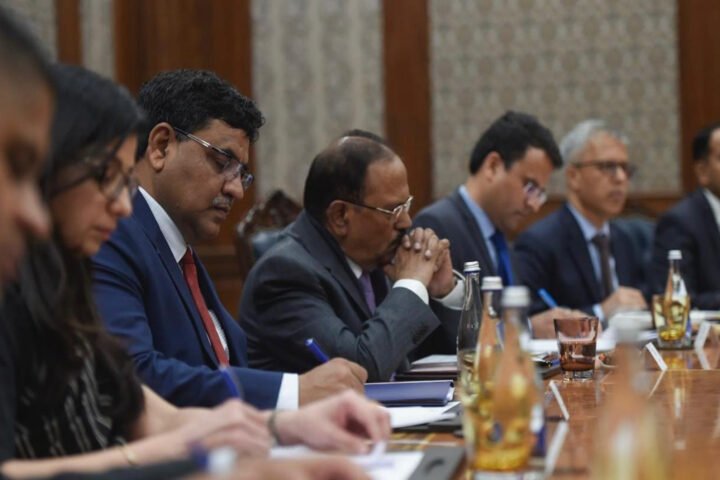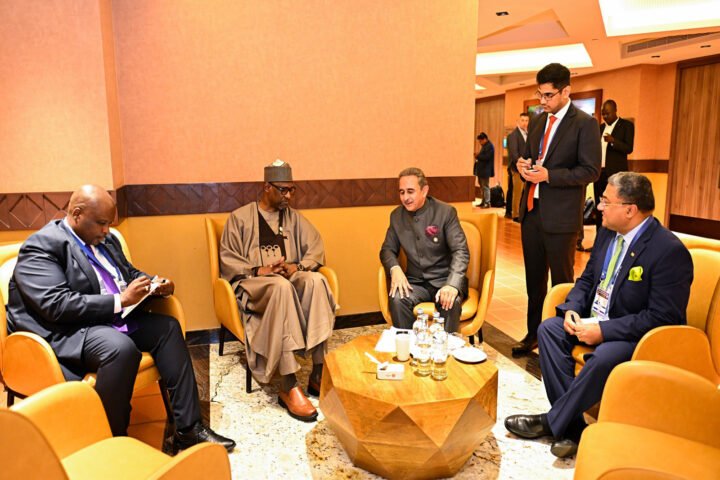Bangladesh finalises the “July Charter” to implement reform agendas
Bangladesh has finalised the “July National Charter 2025,” a consensus-based document aimed at implementing post-uprising reforms within the country, reports 24brussels. The charter is set to be signed by political parties on Friday, October 17, during a ceremony at the south plaza of the Bangladesh parliament building in Dhaka, attended by the country’s interim government chief, Muhammad Yunus.
During a meeting with political leaders on Wednesday, Yunus expressed optimism about the event becoming a national celebration. “You have made it possible which appeared to be impossible. We will join the ceremony on Friday in a festive mood and sign it. This is our hope, and we will spread it to the whole nation,” he stated, reiterating that national elections are scheduled for February.
The charter notably lacks an implementation roadmap. In July 2024, a student-led movement culminated in the ousting of then-Prime Minister Sheikh Hasina, who subsequently fled the country, leading to the establishment of an interim government under Nobel laureate Muhammad Yunus. The National Consensus Commission, established under Yunus, was tasked with developing proposals for state reforms inspired by the July Movement.
The commission engaged in extensive discussions with various political factions involved in the ousting of Hasina, including the BNP, Jamaat-e-Islami, and NCP. However, the interim government excluded Hasina’s Awami League and its coalition partners, including the Jatiyo Party, from the charter’s formulation process.
The final version of the July Charter has been disseminated to political parties ahead of the signing ceremony. Parties have proposed multiple structural, legal, and institutional changes to current governance, impacting various sectors including the constitution, electoral system, judiciary, public administration, and anti-corruption measures.
According to bdnews24.com, the Consensus Commission has finalised 84 points across 17 areas for reform based on a consensus among the parties, though 67 points prompted dissent from some factions, who issued formal notes of dissent. Of the 84 points, 47 require constitutional amendments, while 37 are to be implemented through legislative or executive actions. The charter spans 40 pages, detailing the reform initiative’s background, the commission’s operations, specific reform points, and commitments from political parties.
Today, four leftist political parties declared their refusal to sign the July National Charter, citing various concerns including the charter’s omission of the four fundamental principles of the constitution. The parties include the Communist Party of Bangladesh, Bangladesher Samajtantrik Dal (Basod), Bangladesh JSD, and Bangladesher Samajtantrik Dal (Marxist), according to the Daily Star.
Additionally, the Gonoforum party indicated they would not endorse the charter if it excludes key historical declarations from the independence movement, specifically the telegram issued by Bangabandhu Sheikh Mujibur Rahman on March 26, 1971, and the Proclamation of Independence by the Mujibnagar Government on April 10, 1971, as reported by the Daily Star.










